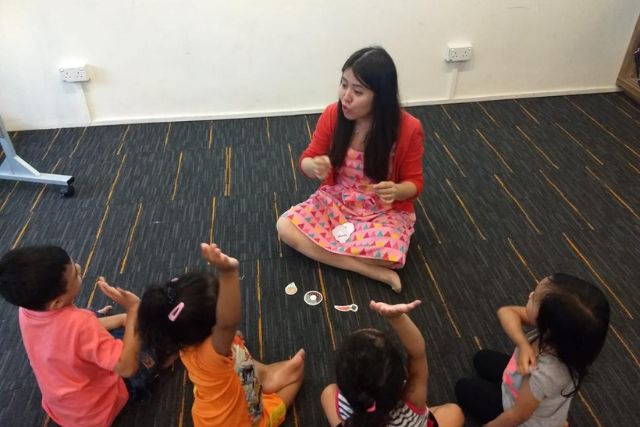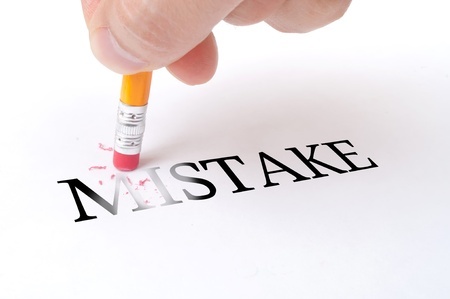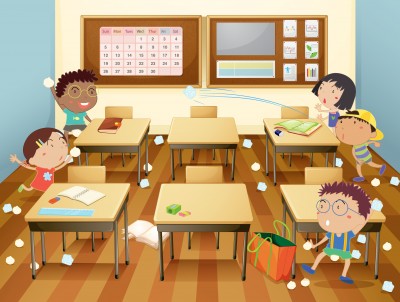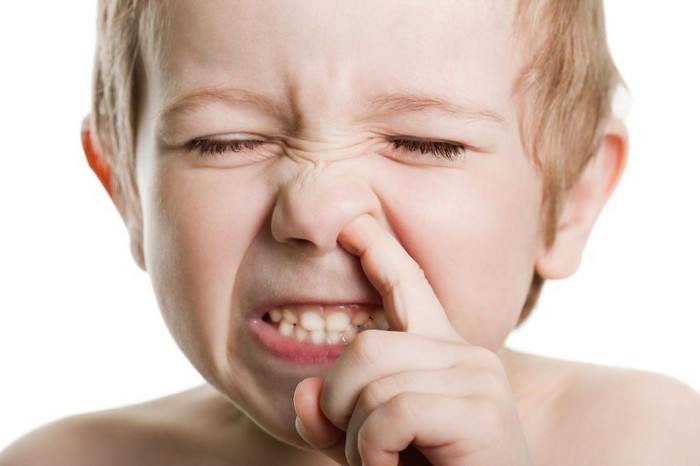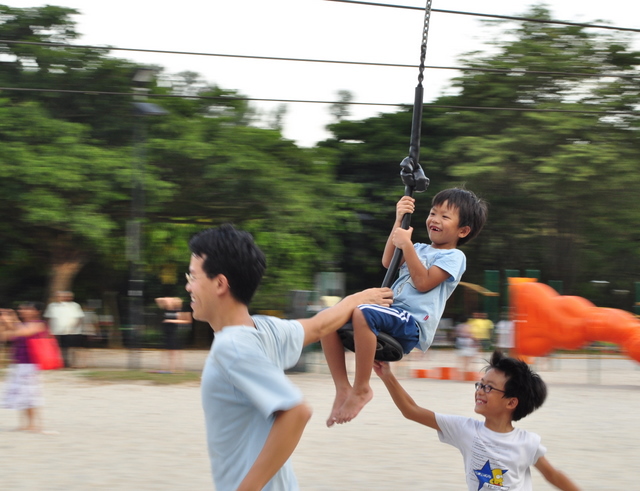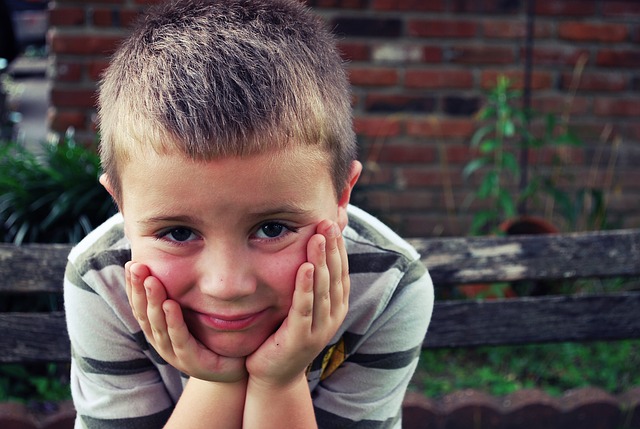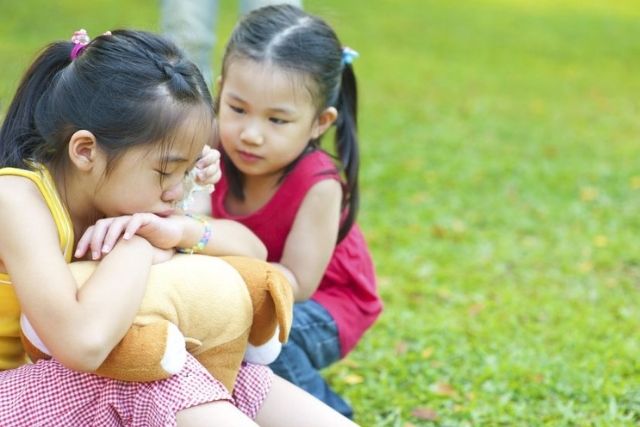As parents, we strive our best to provide for and to raise our children right. There is no one cookie-cutter, foolproof way to raise children who grow up to be responsible, successful and empathetic citizens.
There are, however, plenty of ways we may trip up and I know, for a matter of fact that I will try my best to take note of the graver don’ts and to endeavour to give parenting my best efforts.
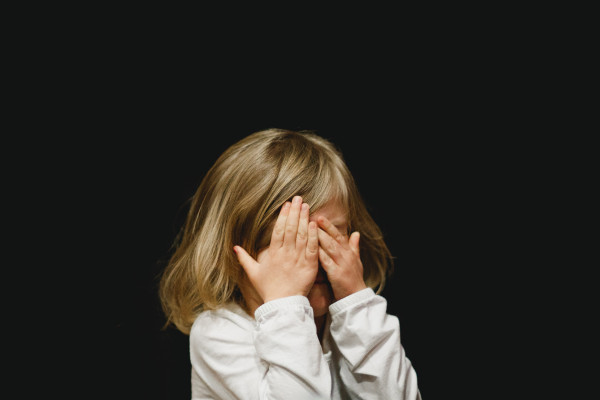
7 Toxic Things You Might Be Doing To Your Child
1. Being inconsistent
Young children need our guidance and they thrive in an environment with rules, defined regimes and schedules. This helps them to polish hard and soft skills whilst going about different tasks and to learn about time management, organisation and discipline.
Being inconsistent about rules, regimes and schedules can confuse a child as to what’s right and wrong, what’s acceptable and what’s not. For example, we insist on a fixed bedtime and a routine leading up to that.
As they are too young to learn the hours of the day, going through the motion of having dinner, washing up, a round of play, tooth-brushing, toileting and reading a bedtime story helps our children learn to expect what comes next.
Through routines, they learn to tell time, and to manage their activities so they get to do what they need or want to before going to bed. It also helps to minimise fuss during bedtime and to ensure that they get adequate sleep.
Another instance of practising consistency would be to say ‘no’ if you mean no. A child could be throwing tantrums in the supermarket because you refused to get him a bar of chocolate. Giving in to him because you are in a rush, or are afraid of being judged for causing a commotion, does nothing to let him know that no means no.
2. Not drawing boundaries
Human beings need boundaries and we need to learn them in order to grow with society. The same goes for children.
In order to have a greater chance of moulding them into mindful, cooperative, responsible individuals, parents need to draw boundaries for them, to teach them right from wrong.
For instance, my husband and I teach our children that hitting is not okay regardless of the situation, in preparation for pre-school. Drawing up boundaries goes a long way to helping them understand right from wrong.
3. Drawing fear
We often resort to drawing fear from our children in a bid to get them to do what we want. I have raised my voice at the children, threatened to tell their father about their misdeeds, all in an attempt to make them fearful of the outcomes of their actions.
This, however, does not truly modify behaviour.
I made the mistake once, to tell my children that the policeman will come after them if they do something wrong and I realised that they became fearful of policemen whenever they saw them. I was alarmed at the damage I have done.
Now, as opposed to striking fear in them, I let them learn the unpleasant, natural consequences of their actions. For example, I tell them how dusting food crumbs from their hands onto the floor dirties the place, is unhygienic and inconsiderate towards other users of the space, and to the cleaners.
4. Belittling their emotions
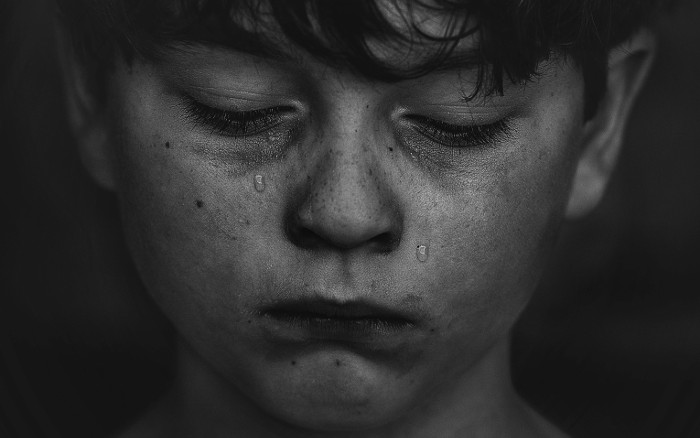
How many times have we told our children not to cry when their toys are snatched away by other kids or when they get hurt?
Children may be little but they feel emotions as big as ours. I don’t like being told not to feel a certain way because no one knows what I am going through, and I’d think children don’t like to be told to stifle their emotions as well.
Children are learning how to recognise, categorise and regulate their emotions, and we should do all we can to support that process by allowing them to feel what they feel.
My son tends to snatch my daughter’s toys away and she protests feebly, only to quietly storm off to her room and to refuse to verbalise her emotions because she thinks it is best to suppress her seething anger.
We are working on helping her to rightfully feel whatever she is feeling and to channel that anger into constructive action, such as firmly telling her brother that she is not done with the toy.
5. Putting your spouse in bad light
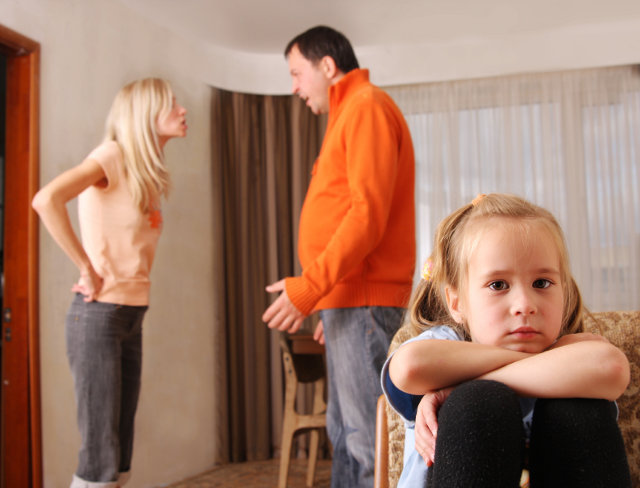
Sometimes, when we get into a squabble with our other halves, we let slip our ill feelings about them to the children. It is important to never, intentionally or not, paint the mother or father of the children in bad light.
The problems we encounter in our relationships need to be kept private and should not be handled by children. They are after all growing under our care and they need to know that their parents are their source of security and love.
6. Being overprotective
I cannot count the number of times when I would rush to soothe my children when they took a fall, or when my daughter was hurt by something her friend said or did.
I, too, cannot count the number of times when I felt the urge to help them put on their shoes so that we could go out the door on time and not risk them being late for school or for a playdate.
These days, I take a step back and let them be at the brunt of unpleasantries or suffer the consequences (not the ones that compromise their survival of course) of their actions.
If my daughter comes back sobbing about something hurtful that her friend said, I’d get her to identify the possible reasons as to why her friend did that, tell her that sometimes people say things like that if there is no good reason at all, that our hearts would ache and hopefully heal one day, and that we shouldn’t do that to others.
⇒ Related Read: How do I know if I am overprotective of my child?
7. Being overly punitive

Punishments work well to quickly reduce unacceptable behaviour but they do not truly modify behaviour, at least at a tender age.
Children may be too young to understand that punishments are put in place to help people understand the consequences of their actions, and may blindly refrain or even be secretive about doing certain things just to avoid the ordeal of being punished.
It is better to teach them about the natural consequences of their actions and to learn why it is wrong to do certain things than to punish. The last thing we want is for our children to be doing bad things behind our backs because they are fearful of punishment.
⇒ Related Read: Parenting without punishment – is it possible?
While we have the best intentions for our children, we may not always execute them in the best ways, let alone become aware that we could ironically be doing something toxic to them.
Knowing that we could be wrong empowers us to seek better ways to communicate with and to raise our children in healthy environments.
By Rachel Tan.
* * * * *
Like what you see here? Get parenting tips and stories straight to your inbox! Join our mailing list here.
Want to be heard and seen by over 100,000 parents in Singapore? We can help! Leave your contact here and we’ll be in touch.















